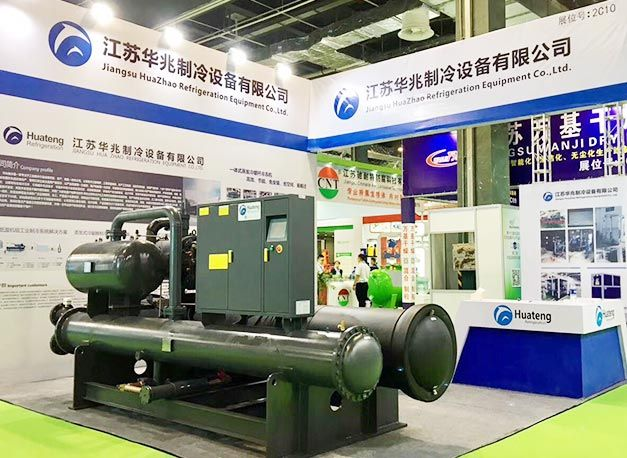Chiller Problems Solutions: Troubleshooting Common Issues for Optimal Performance
Chillers are an essential component of HVAC systems used in various commercial and industrial settings. They help maintain a cool temperature in the indoor environment by removing heat from the air and circulating chilled water. However, like any other mechanical equipment, chillers can experience problems that can affect their performance and efficiency. In this article, we will discuss some common chiller problems and their solutions.
One of the most common problems with chillers is inadequate cooling capacity. This can occur due to several reasons such as low refrigerant levels, dirty condenser coils, or faulty compressor. In such cases, it is important to consult a chiller manufacturer for guidance. A qualified technician can identify the root cause of the problem and provide a solution accordingly.
Another common issue is the formation of ice on the evaporator coils. Ice formation can occur due to low refrigerant levels or poor air circulation. It is important to address this problem as soon as possible, as it can cause damage to the compressor and other components. The solution for this problem is to identify the root cause and take appropriate steps to prevent ice formation.
Poor water flow is another issue that can affect chiller performance. This can happen due to clogged pipes, faulty water pumps, or low water pressure. If the water flow is not sufficient, the chiller will not be able to maintain the desired temperature. It is important to identify and resolve the issue to avoid damage to the chiller components. Regular maintenance and cleaning of pipes and pumps can prevent this problem from occurring.
Leakage is another issue that can affect chiller performance. Leaks can occur in various components such as pipes, valves, and joints. It is important to address leaks as soon as possible to prevent damage to the chiller and maintain its efficiency. Regular inspections can help identify leaks early and prevent them from causing significant damage.
Faulty controls and sensors can also cause problems with chiller performance. If the controls are not functioning properly, the chiller may not operate at optimal capacity. Faulty sensors can also cause inaccurate temperature readings, leading to inefficient operation. It is important to ensure that the controls and sensors are regularly checked and calibrated to maintain the chiller's performance.
In conclusion, chillers are a vital component of HVAC systems and require regular maintenance to operate at optimal capacity. It is important to address any problems with the chiller as soon as they occur to prevent further damage and maintain its efficiency. Consulting a chiller manufacturer is recommended for complex issues, as they can provide guidance and solutions specific to the equipment. Regular inspections and maintenance can also help prevent problems from occurring in the first place, ensuring that the chiller operates smoothly for years to come.
If you're interested in learning more about chillers or need to consult a chiller manufacturer, click here to visit our website and explore our products and services.



评论
发表评论